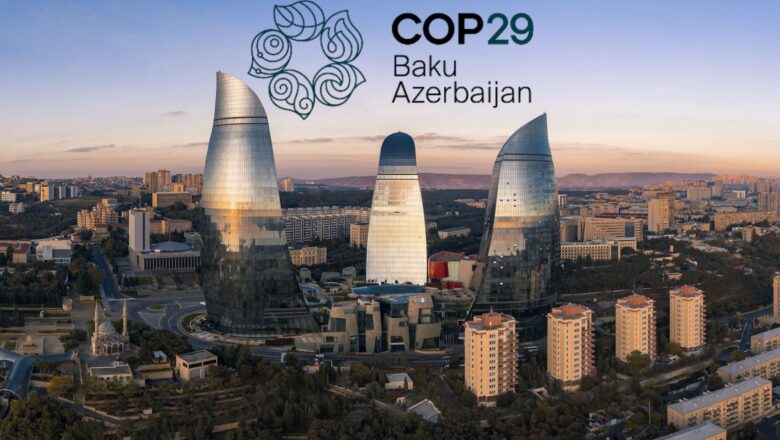
SA Hosts Global Forum to Propel Circular Economy and Sustainable Waste Management
South Africa took center stage in advancing environmental sustainability by hosting the 7th Global Forum of Cities for Circular Economy (GFCCE) workshop. The event, organized by the Department of Forestry, Fisheries, and the Environment (DFFE) in collaboration with the Centre for Science and Environment, convened in Johannesburg to champion sustainable waste management practices across Africa.
The two-day forum welcomed participants from 18 African nations, including Kenya, Ghana, Rwanda, and Zimbabwe, focusing on enhancing South-South cooperation. With urbanization and environmental degradation posing challenges to the continent, the workshop aimed to build the capacity of officials and foster the adoption of circular economy principles.
Deputy Minister of Forestry, Fisheries, and t...







